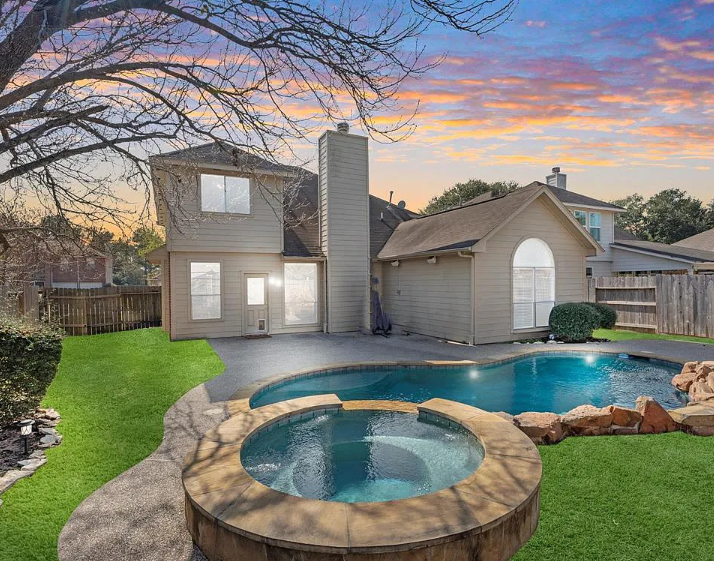The Pros and Cons of Buying a Fixer-Upper Home
If you’re in the market for a new home, you may have come across listings for fixer-upper properties. These are homes that require varying degrees of renovation and repairs. While fixer-uppers can offer unique opportunities, it’s essential to weigh the pros and cons before making a decision. Let’s explore both sides:
Pros of Buying a Fixer-Upper:
- Affordability: One significant advantage of fixer-upper homes is their lower price point compared to fully renovated properties. If you’re willing to put in the work, you can often purchase a fixer-upper at a more affordable price and potentially increase its value through renovations.
- Customization: Buying a fixer-upper gives you the chance to personalize and customize the home to your specific tastes and needs. You have the freedom to choose materials, finishes, and layouts that align with your preferences, creating a home that reflects your style.
- Investment Potential: Renovating a fixer-upper can be an excellent investment opportunity. By improving the property’s condition and functionality, you may increase its value. If the neighborhood is in an up-and-coming area, there is potential for even greater appreciation over time.
- Creative Expression: Taking on a fixer-upper project allows you to tap into your creative side. From envisioning the final outcome to executing the renovations, the process can be a fulfilling and rewarding experience.
Cons of Buying a Fixer-Upper:
- Cost and Budgeting: While fixer-uppers may have a lower purchase price, the costs of renovations can quickly add up. It’s crucial to carefully assess the required repairs and renovations, obtain accurate cost estimates, and create a realistic budget before committing to a fixer-upper.
- Time and Effort: Renovating a home takes time and effort. Depending on the extent of the renovations needed, it could be weeks, months, or even longer before the home is move-in ready. Consider your availability, skillset, and willingness to invest time and energy into the project.
- Uncertain Scope of Work: With fixer-uppers, the full extent of the required repairs and renovations may not be apparent until you begin the project. Unforeseen issues could arise, potentially increasing costs and prolonging the renovation process.
- Financing Challenges: Traditional mortgage lenders may have stricter requirements when it comes to financing fixer-upper properties. Securing financing for a property that needs substantial repairs can be more challenging. Explore options like renovation loans or consult with lenders experienced in financing fixer-upper homes.
- Emotional and Physical Toll: Renovating a home can be stressful, especially if unexpected challenges arise. It requires patience, resilience, and a willingness to handle the emotional and physical toll that comes with a renovation project. We buy houses in Largo Fl.
Before purchasing a fixer-upper, carefully evaluate your budget, skills, and willingness to take on the renovation process. Consult with real estate professionals and contractors to assess the property’s condition and estimate renovation costs. By doing your due diligence, you can make an informed decision and determine if a fixer-upper aligns with your goals, resources, and capabilities.
Remember, buying a fixer-upper is not for everyone. It requires careful consideration, planning, and a realistic understanding of the challenges and rewards involved. If you’re up for the task, a fixer-upper can provide an opportunity to create your dream home while potentially adding value to your investment.
